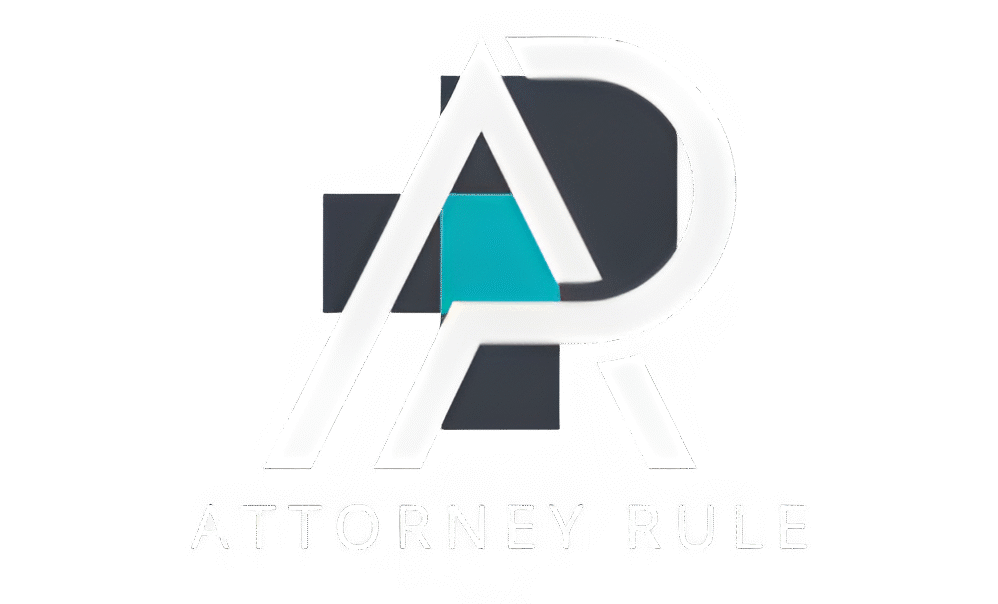Suffering a brain injury can be one of the most devastating experiences a person and their family can endure. Whether it’s the result of a car accident, a fall, a sports incident, or a workplace mishap, the consequences of a traumatic brain injury (TBI) are often long-lasting, emotionally draining, and financially burdensome. In such difficult times, a brain injury attorney plays a vital role in helping victims secure the compensation they need and deserve.
This article will explore the role of a brain injury attorney, the importance of legal representation, what to look for when hiring one, and how they can help you navigate the legal system after a brain injury.
What Is a Brain Injury Attorney?
A brain injury attorney is a type of personal injury lawyer who specializes in handling legal cases involving traumatic brain injuries. These legal professionals have specific experience with the medical, emotional, and financial aspects of brain injuries and are equipped to build strong cases for their clients.
Brain injury attorneys handle cases that involve:
-
Motor vehicle accidents
-
Falls (including slip and fall accidents)
-
Workplace injuries
-
Medical malpractice
-
Sports injuries
-
Assaults and other acts of violence
Because brain injuries can be complex and difficult to diagnose or prove, having a skilled attorney with expertise in this field is crucial for achieving justice.
Why You Need a Brain Injury Attorney
1. Understanding the Long-Term Impact
Brain injuries range from mild concussions to severe traumatic injuries that affect memory, speech, movement, and emotional health. In many cases, victims may require long-term care, rehabilitation, or ongoing therapy. The financial burden can be overwhelming.
A brain injury attorney understands these long-term implications and can pursue compensation that accounts for:
-
Medical expenses (past, current, and future)
-
Lost wages and loss of future earning potential
-
Pain and suffering
-
Emotional distress
-
Loss of quality of life
-
Rehabilitation and therapy costs
-
Home modifications or in-home care
2. Proving Liability
One of the most challenging aspects of a brain injury case is proving that someone else’s negligence caused the injury. A brain injury attorney conducts a thorough investigation, gathers medical evidence, consults with expert witnesses, and works with accident reconstruction specialists to establish liability.
They help answer key legal questions like:
-
Who was responsible for the accident?
-
Was there negligence involved?
-
Could the injury have been prevented?
-
Were safety regulations violated?
Without strong legal representation, proving these elements can be incredibly difficult, especially when going up against large insurance companies or corporate entities.
3. Dealing with Insurance Companies
Insurance companies are known to downplay claims, deny coverage, or offer lowball settlements. A brain injury attorney negotiates directly with insurance adjusters to ensure their clients receive fair compensation. If necessary, they will take the case to trial.
An experienced attorney knows how to counter insurance tactics such as:
-
Delaying the claims process
-
Disputing the severity of the injury
-
Arguing that the injury was pre-existing
-
Offering quick, inadequate settlements
How to Choose the Right Brain Injury Attorney
Choosing the right attorney can make a significant difference in the outcome of your case. Here are key factors to consider:
1. Experience and Specialization
Look for an attorney who specializes specifically in brain injury or catastrophic injury cases. Experience handling similar cases means they understand the unique medical and legal challenges involved.
2. Proven Track Record
Ask about the attorney’s history of settlements and verdicts in brain injury cases. A proven record of high-value outcomes is a good indicator of their ability to handle your case effectively.
3. Client Testimonials and Reviews
Online reviews, client testimonials, and professional references can give you insight into the attorney’s reputation, communication style, and level of client care.
4. Resources and Network
Brain injury cases often require collaboration with neurologists, neuropsychologists, economists, and life-care planners. Choose an attorney who has access to these resources and expert witnesses.
5. No Upfront Costs
Most brain injury attorneys work on a contingency fee basis, meaning you don’t pay unless they win your case. This arrangement ensures that your attorney is motivated to secure the best possible outcome.
Common Challenges in Brain Injury Cases
– Invisible Injuries
Unlike broken bones or cuts, brain injuries are often “invisible” and difficult to quantify. Symptoms like memory loss, cognitive delays, personality changes, and fatigue may not show up on standard medical tests. Attorneys must work closely with medical experts to validate these symptoms in court.
– Delayed Symptoms
Symptoms of a brain injury may not be immediately apparent. Victims may seem fine after an accident but experience cognitive decline days or weeks later. Insurance companies may use this delay to argue the injury isn’t related to the accident.
– Long-Term Care Costs
Brain injuries can lead to lifelong impairments requiring ongoing medical treatment. Accurately estimating future care costs is vital in securing a settlement that truly meets the victim’s needs.
What to Expect During a Brain Injury Claim
Here’s a general outline of what happens when you hire a brain injury attorney:
-
Initial Consultation: The attorney reviews your case, gathers facts, and determines whether you have a viable claim.
-
Investigation: They collect medical records, accident reports, witness statements, and other key evidence.
-
Filing the Claim: The attorney files a personal injury lawsuit against the responsible party or negotiates with insurance companies.
-
Settlement Negotiation: Most cases settle out of court. Your attorney will aim to secure a fair settlement without going to trial.
-
Trial (if necessary): If negotiations fail, the case may go to trial. Your attorney presents your case before a judge or jury.
Final Thoughts: Advocating for Your Future
A traumatic brain injury can change your life forever. It affects not only the victim but also their family, career, and ability to enjoy life as they once did. In such a difficult and uncertain time, a brain injury attorney can be your strongest advocate—fighting for your rights, securing your financial future, and ensuring that you are treated fairly by the legal system.
If you or a loved one has suffered a brain injury due to someone else’s negligence, don’t wait. Consult a qualified brain injury attorney as soon as possible to explore your legal options and begin the path to recovery.

